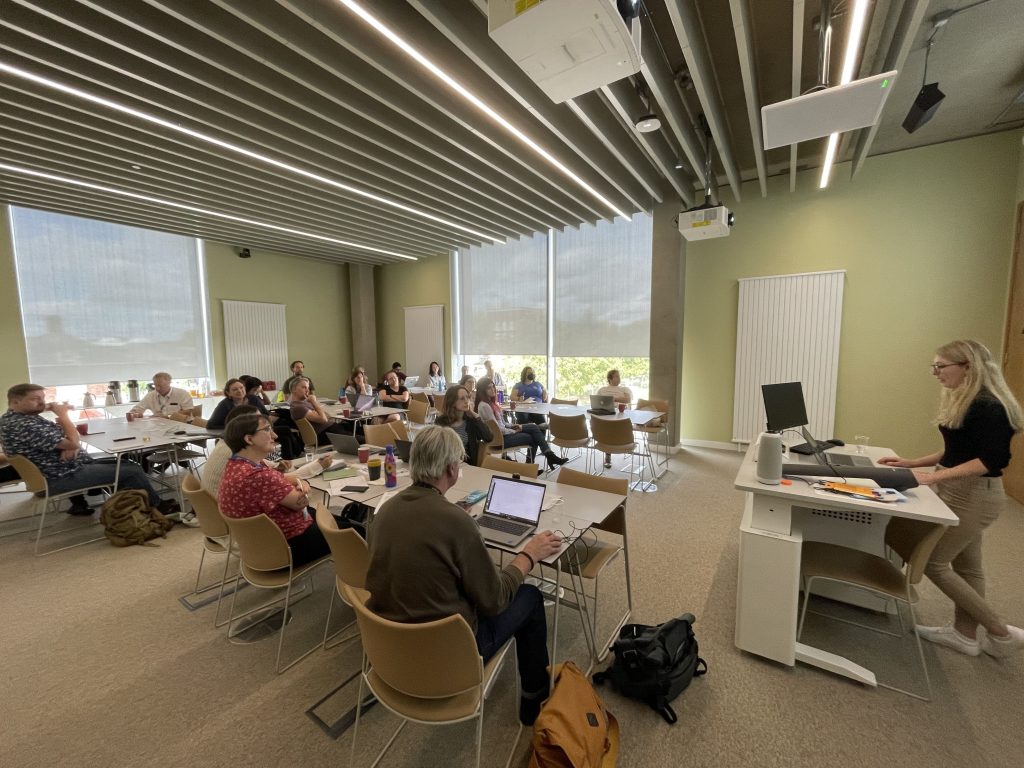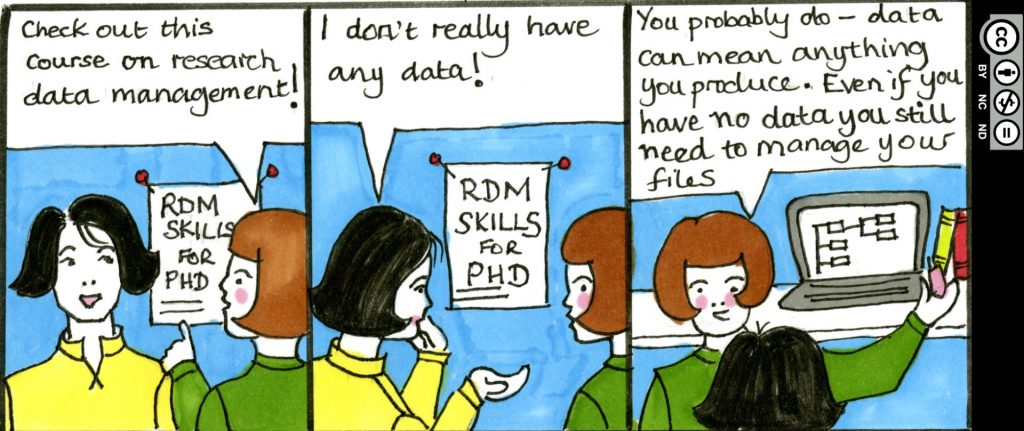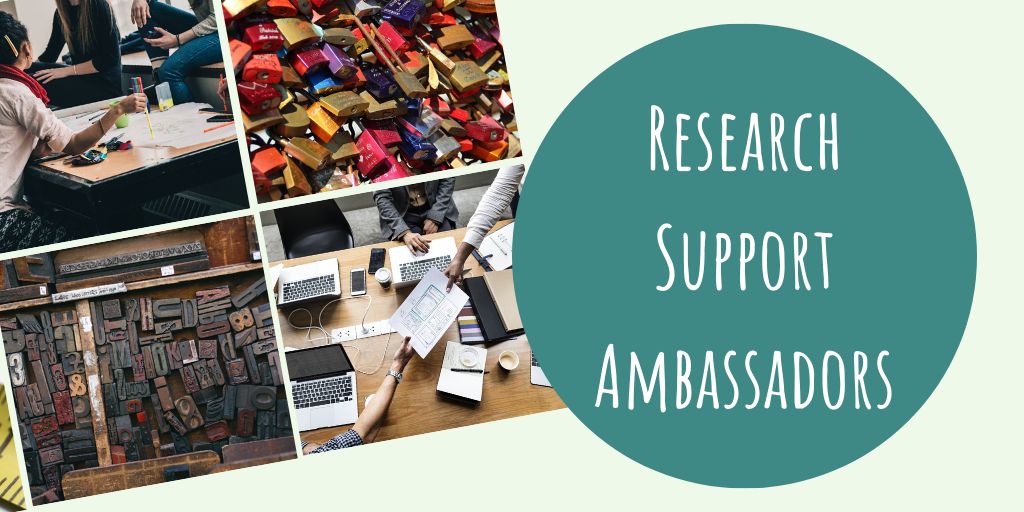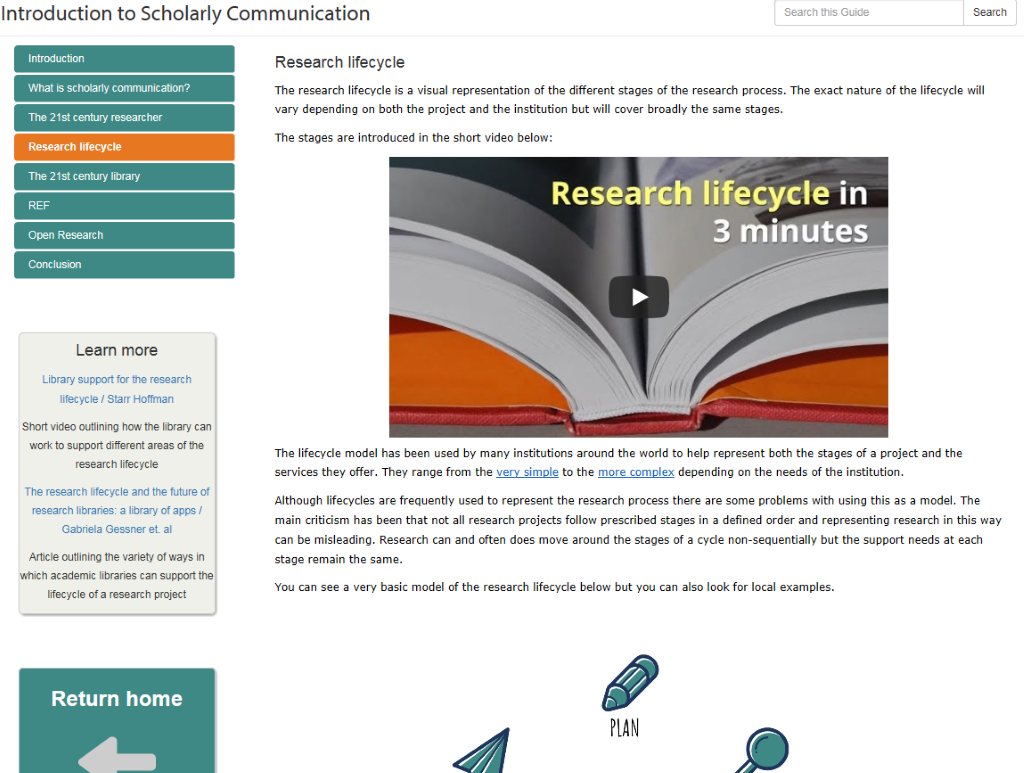I was recently named one of “the next generation of [library] leaders” as part of the CILIP 125, having been recognised as an individual who contributes energy and knowledge to improving and impacting their organisation. My area of expertise, and thus recognition, lies with the use of data within libraries. As a data analyst for the Office of Scholarly Communications at Cambridge University Library, my role focuses on empowering decisions with data driven understanding – such as supporting the Springer Nature negotiations. To develop my understanding of data, and its role within a wider organisation, further, I engage with data beyond the library – such as the Big Data London conference and the Carruthers and Jackson Data Leaders’ Summer School. Reflecting on the use of data in the wider world, what can be expected of the library and data?
The summer school provided practical advice, proven methodologies, and guidance that could apply across a variety of businesses. The course is designed to provide insight on the workflow of data officers, and their role within an organisation – no matter its stage of data maturity and literacy. Over the course of the ten weeks, leading experts discussed the role of a chief data officer (CDO), both as a business development opportunity, and as a career path for individuals. It explored the risk and governance of data within an organisation, and the final weeks focused strongly on the role of people and teams associated with data.
Peter Jackson and Caroline Carruthers addressed the differing types of CDO and described a pendulum between ‘risk aversion’ and ‘value added’. Understanding the balance between secure and proper data governance (GDPR for example) and providing value through data (such as setting up automation). The pendulum of risk to reward is relevant to many roles, including those within the library. Understanding the need to divide time and energy between creating policies and getting decision making results, is just as relevant to my role as a chief data officer. In my role I have supported decision making staff through data production, but equally, to instil a culture of data, time and energy must be dedicated to risk aversion, through tasks of researching data management, preparing training sessions for data storage, and supporting staff in data preparation.
Another important concept introduced was the DIKW pyramid – Data, Information, Knowledge, Wisdom – for understanding the value created from data. The base of the pyramid is (raw) Data, which can be processed into (useful) Information. This Information is data with meaning and a purpose and can be organised into (insightful) knowledge. Knowledge combines experiences, values, insights, and contextual information, which can then transcend to (integral) Wisdom. Wisdom is considered a deeper understanding with ethical implications and the ability to define ‘why’. The DIKW pyramid provided a frame of thought for presenting and approaching future data projects. Understanding the requirement to provide, data, information or knowledge, to better support a decision-making team.
To develop communication skills, expert Scott Taylor, known as The Data Whisperer, spoke about the three V’s for data storytelling: Vocabulary, Voice and Vision. Combining an accessible vocabulary, with a common voice will illuminate the business vision, and why that is important. This overarching concept for an organisations data approach can be scaled down to support individual data workers, to provide value – which should either grow, improve or protect the business case. Understanding how to communicate the data is a key skill as “Hardware comes and goes, software comes and goes, but data remains”. And that data that remains should be used to either grow, improve or protect the business, such that data gathered should be usable data!
At Big Data London, the organisation Women in Data hosted conversations about nurturing a culture of learning within data teams. Pulling from their experiences from minority backgrounds, the speakers highlighted the power in upskilling, sharing skills across teams and being an advocate on oneself and skills. As for what to upskill, data literacy was a hot topic across the conference. Data literacy, also called data fluency and data confidence, is the combination of ability, skills and confidence surround data and its uses. Data literacy enables more efficient work, and begs the question, what is the base level of data literacy / confidence across the library? Librarians use data daily; checking in/out material, answering students’ queries, or tracking the use of space, but are all librarians confident to use that data? This is an area I hope to explore further at the CUL, to ensure staff can use the data they have to support decisions.
Engaging with the world of data provides a big picture of the possibilities within the library. Conversations of AI (Artificial Intelligence), data policies and maturity, and shiny-new databases, software, and services, demonstrate the growing adoption of data, and therefore, libraries should follow suit. Actively taking snippets of larger conversations, developing ideas within the library space, and exploring the possibilities with data will help libraries thrive in this world of technological growth.





